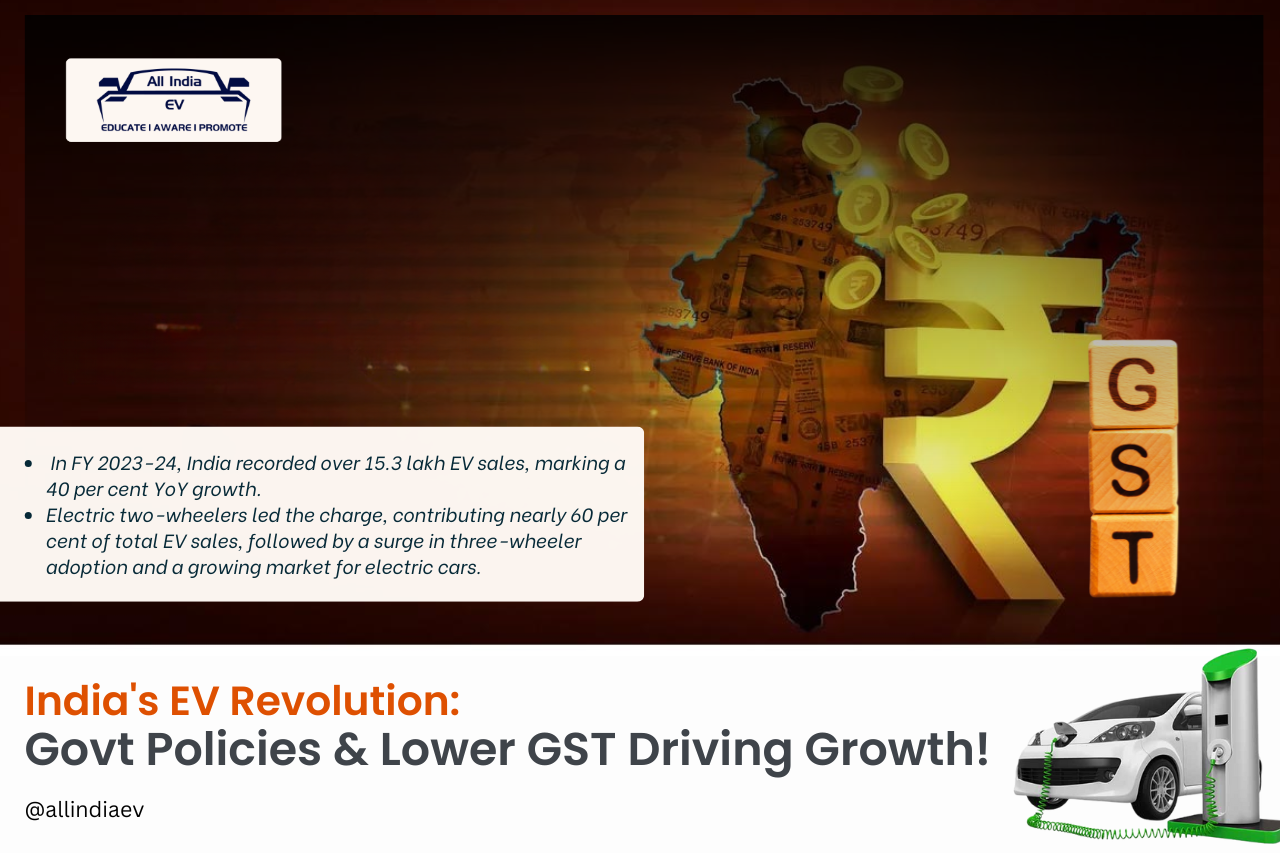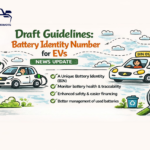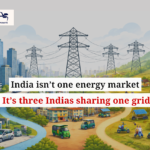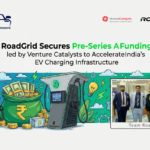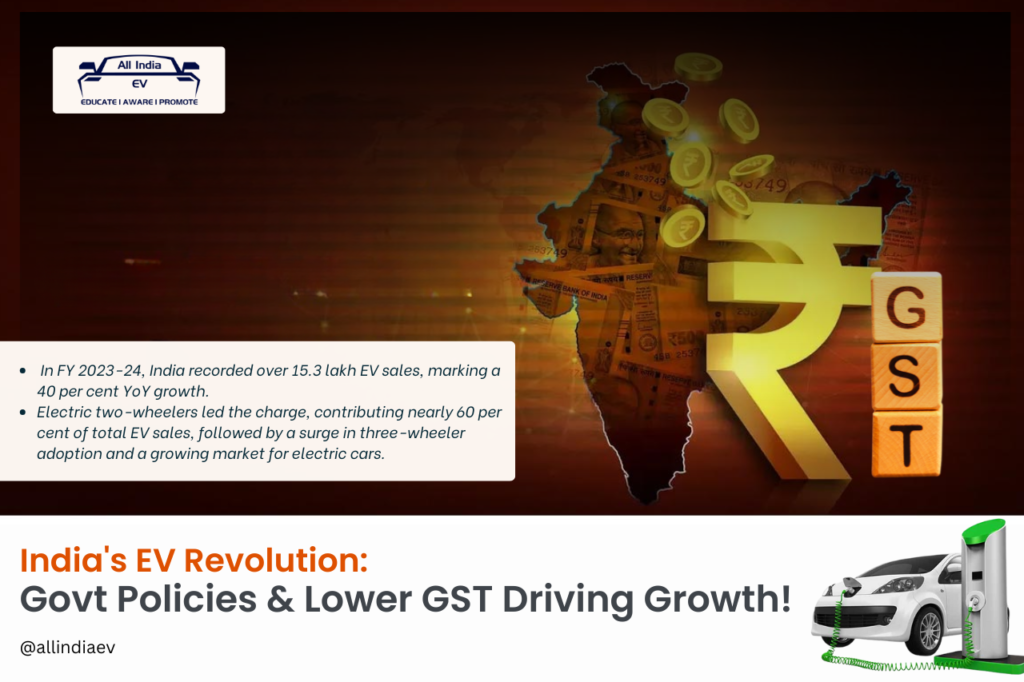
India’s EV growth surges in FY24 with strong policy push and lower GST fueling record adoption.
India’s electric vehicle (EV) market is charging ahead at full speed, we are witnessing history in the making. With progressive government policies, falling GST rates, and supportive incentives, the EV transformation is no longer a distant vision but an accelerating reality.India’s EV growth surges in FY24 with strong policy push and lower GST fueling record adoption.
India’s electric vehicle (EV) market is charging ahead at full speed—and at India EV, we are witnessing history in the making. With progressive government policies, falling GST rates, and supportive incentives, the EV transformation is no longer a distant vision but an accelerating reality.
In FY 2023-24, EV sales in India surpassed 15.3 lakh units, registering an impressive 40% year-on-year growth. Two-wheelers led this green revolution, accounting for nearly 60% of the total EV sales, followed by strong performances in the three-wheeler and passenger car segments.
This rapid growth aligns with the government’s vision of making 30% of all vehicle sales electric by 2030. A range of central and state-level initiatives are playing a pivotal role in catalyzing this shift. The FAME II scheme, with a budget outlay of Rs 10,000 crore, and the PLI scheme for battery manufacturing worth Rs 18,100 crore, are creating an ecosystem where both supply and demand are being nurtured simultaneously.
From Delhi to Maharashtra to Tamil Nadu, state governments are rolling out dedicated EV policies—offering purchase subsidies, road tax exemptions, and manufacturing incentives that are encouraging adoption across user segments.
Speaking to India EV, Kaustubh Dhonde, Founder & CEO of Autonxt Automation, emphasized the importance of the growing EV charging infrastructure, stating, “India’s EV market is being driven by both public and private investment in charging networks. The government’s commitment to sustainability and electric mobility is evident and commendable.”
Highlighting the benefits of financial incentives, Dhonde added, “The reduction of GST from 12% to 5% on EVs has made them significantly more affordable. Additionally, Section 80EEB of the Income Tax Act allows up to Rs 1.5 lakh deduction on interest paid for EV loans—making it easier for consumers to switch.”
Echoing the optimism, Tushar Choudhary, Founder & CEO of Motovolt Mobility, said, “The EV ecosystem is evolving meaningfully. Strong infrastructure development, especially in battery swapping, will be critical to ensure inclusivity and long-term sustainability.”
Both industry leaders believe that India’s EV sector has the potential to generate over 5 crore direct and indirect jobs in the coming decade—a milestone that could redefine India’s mobility, economy, and environmental future.We believe that with policy clarity, collaborative innovation, and continued public-private partnership, India is well on its way to becoming a global leader in electric mobility.


